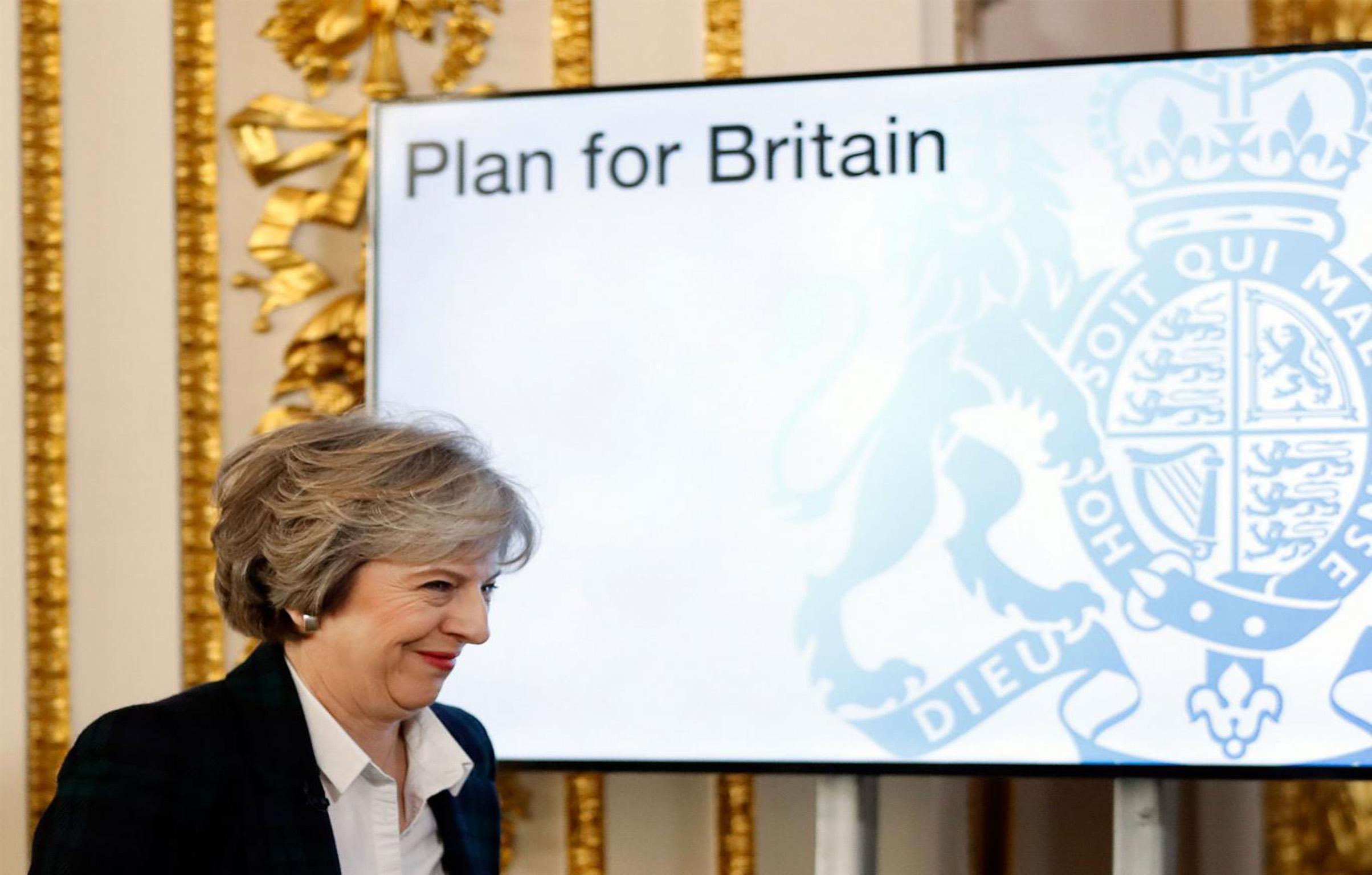UK's post-Brexit trade deal with EU could be referred to European Court of Justice, president reveals
Koen Lenaerts says it is impossible to predict which aspects might be referred but highly likely agreement will 'end up on the docket of the Court'

Your support helps us to tell the story
From reproductive rights to climate change to Big Tech, The Independent is on the ground when the story is developing. Whether it's investigating the financials of Elon Musk's pro-Trump PAC or producing our latest documentary, 'The A Word', which shines a light on the American women fighting for reproductive rights, we know how important it is to parse out the facts from the messaging.
At such a critical moment in US history, we need reporters on the ground. Your donation allows us to keep sending journalists to speak to both sides of the story.
The Independent is trusted by Americans across the entire political spectrum. And unlike many other quality news outlets, we choose not to lock Americans out of our reporting and analysis with paywalls. We believe quality journalism should be available to everyone, paid for by those who can afford it.
Your support makes all the difference.The UK’s post-Brexit trade deal with the EU could be referred to the European Court of Justice (ECJ), its president has revealed.
Koen Lenaerts said that while it was impossible to predict which aspects of any future UK-EU deal might be referred to the ECJ, it was highly likely it would “end up on the docket of the Court.”
His comments, however speculative, expose the very real possibility that Britain’s exit from the EU could be shaped under the jurisdiction it is determined to escape.
“It probably will, one day or another, end up on the docket of the Court – not because of the Court, but because of parties bringing the case,” he said.
However, the 62-year-old chief justice said judges would never offer advice or take political sides during any case and that while they cannot decline a case, they can only rule on legal arguments, not politics.
He also emphasised the ECJ’s independence from Brussels, based in “splendid isolation” in Luxembourg.
The prospect of court battles going on well after Brexit underlines the uncertainty surrounding the process.
However, he rejected suggestions by some legal analysts that the ECJ played an activist role in strengthening federal powers for Brussels or delivered rulings to quell rising euroscepticism.
“We are not pro-Union, we are not against Union,” he said. “We are pro law. The law is made by the political process.”
The UK Government will publish its White Paper spelling out its plan for Brexit after MPs have voted on triggering Article 50.
The Prime Minister said the detailed document would be published on Thursday.
MPs are expected to give the Government the power to start negotiations in a vote Wednesday evening.
Join our commenting forum
Join thought-provoking conversations, follow other Independent readers and see their replies
Comments